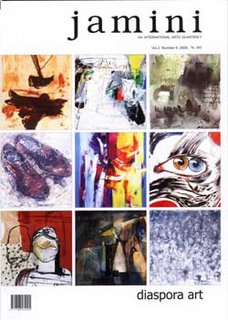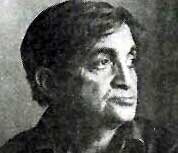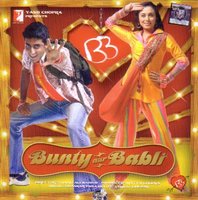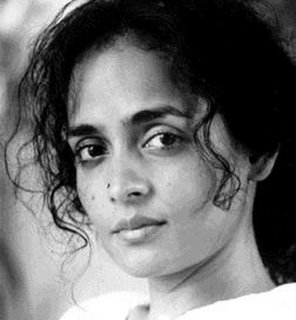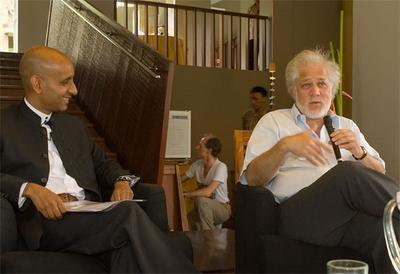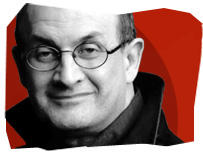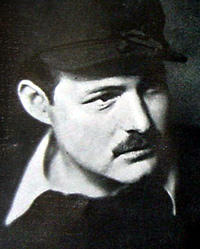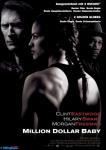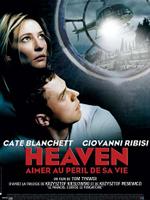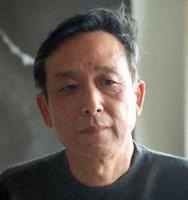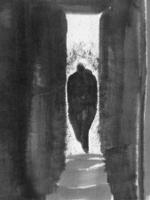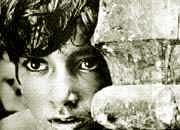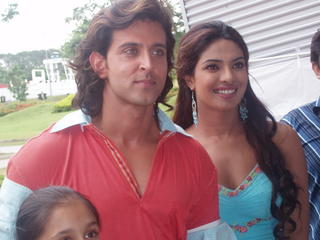
Anybody who reads newspapers in Singapore would know that Hrithik Roshan is in town with his helmsman father Rakesh Roshan to shoot
Krrish, the sequel of his box office blockbuster,
Koi Mil Gaya--a Bollywood reinterpretation of Spielberg's
ET.Hrithik is the name of a rush for Bollywood lovers. When he burst forth on the Hindi movie scene a couple of years ago with
Kaho Na Pyar Hai, girls began swooning in the cinema halls and on meeting him in person. He became a superstar, challenging the three Khans--Shahrukh, Salman and Amir Khan-- who have been ruling Bollywood for more than a decade now. But soon, his films began to tank at the box office (except
Mission Kashmir)
and his star power decreased. He emerged a winner again with his father's
Koi Mil Gaya. Now he is working on the sequel of the film. He is also doing another film,
Dhoom 2 in which he plays a negative character. He is, even now, one of the most powerful stars after Amitabh Bachchan and the three Khans. Saif Khan and Amitabh's son, Abhishek, can be called his competitors who have delivered many hits this year.
On my wife's insistence, I went to see Hrithik on the sets of
Krrish. When we got wind of him, he was shooting at the Expo. When we reached there, the shooting was on. Hrithik, in an orange T-shirt over a light blue shirt and white sports trousers, was reviewing his action shots on a monitor. The crew was readying the lights to shoot a reaction shot of the heroine, Priyanka Chopra, a former Miss World. She was dressed in a greenish short dress and was supposed to clap at Hrithik after one of his heroic fights. Priyanka had to give about 10 retakes for a simple reaction shot. She was being directed by Rakesh and the action director Tony Chan (?). Hrithik had done his martial arts training in Hong Kong for this film. He had already suffered injuries shooting this film in Bombay. The film was also shot in Manali for forty days, revealed one of the crew members. It will be shot again in Mumbai and will be released in June 2006.
While the scene was being set up for Priyanka, Hrithik was getting his hair blow-dried and combed. He has grown long locks for the movie. When my dare-devil wife tried to take a picture of him from the front, he still getting his hair set, Hrithik got upset. "Excuse me," he said, a little loudly, bringing a large mirror in front of his face as a cover. "Ok, ok, no problems," said my wife and moved on. She had already taken his photo.
After Priyanka's take, the crew broke for lunch. The director, the stars, the ADs, and chief technicians ate their lunch together on a makeshift dinining table. The rest of the crew sat on the floor, here and there, and had their grub, complaining about the food. Maybe they were missing their Bombay food.
Many fans had assembled by then. They all wanted to photograph Hrithik and get themselves photographed with him. Post-lunch, a lady with a child began to shoot a video of Hrithik from afar. He was still sitting around the dining table with Priyanka when he noticed this. He immediately sent an emissary asking the lady not to videograph him. He was polite though.
In the next few minutes, Hrithik allowed people to have a contact session. The crowd jumped at him--kids, men, girls and aunties. For about five minutes, everyone got a chance to get a picture with Hrithik and Priyanka. It was an amazing moment. I had never seen fans mob a star before, and it all felt so surreal. The stars who were, till a few minutes ago, not even looking at the bystanders, were now all smiles for the cameras. That is showbiz.
I shot my wife beside Hrithik and Priyanka too. Her pilgrimage was over. We returned home.
On the way, my wife asked me: "Why didn't you get photographed with Htrithik and Priyanka?"
"Because I am not star struck," I said.
In fact, I was. Maybe only a little but I sure was. I was crazy about Bollywood stars, my demigods, when I was a kid. With time, the charm of Bollywood has worn off. And so has the magnetism of Bollywood stars for me. My demigods have changed.
